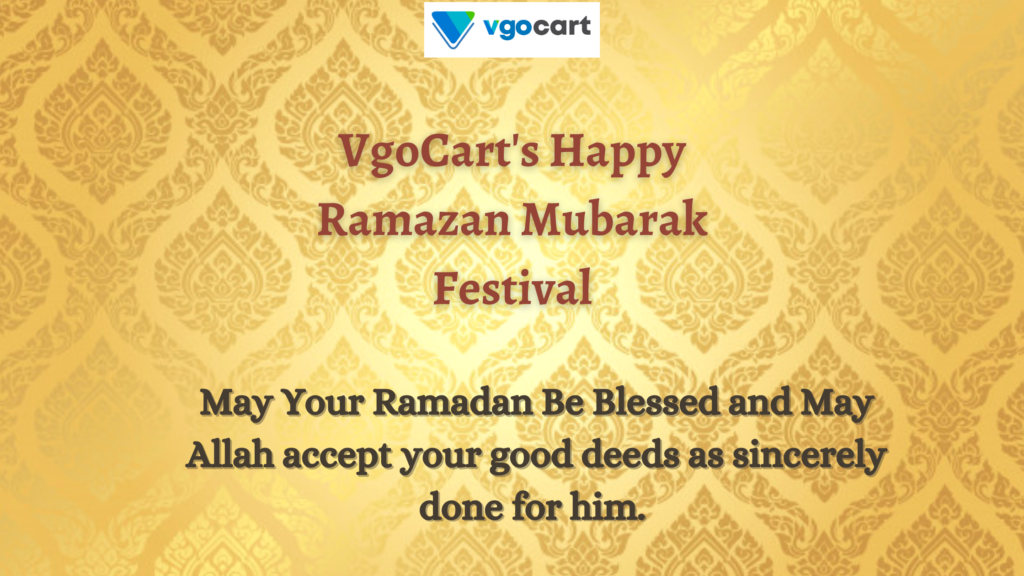ABOUT RAMAZAN:
HISTORY OF RAMAZAN:
- The word Ramadan originates from the Arabic root ‘ ar-ramad’ or ‘ramida’, which means sorching heat or scarcity of rations.
- Ramadan is the holy month of fasting as ordained by the Quran for all Muslims who have reached puberty and who are able to keep it, and it is the fourth pillar of Islam.
- It falls on the ninth month of the Islamic calendar and according to the Quran has been decreed to encourage all Muslims to be pious and charitable.
- Muslims and non-muslims alike recognize Ramadan as the most significant and holy time of the Islamic calendar.
- During the ninth month of the lunar year, Muslims around the world refrain from eating and drinking between sunrise and sunset, and they use their free time to recite the Quran and strengthen their bond with Allah. This is common knowledge for those of the Islamic community.
BEGINNING OF RAMZAN:
- To understand how Ramazan became such an important part of Islam, we need to go back to the very beginning 610 AD to be precise.
- This is the year, in which an Arabian man named Muhammad meditated in the cave of Hira, located in the Jabal and Nour mountain close to Mecca.
- Angel Jibril visited Muhammad while he was meditating, angel revealed the first words of what would later be known as the Quran. The angel told Muhammad that these words came directly from Allah and he is the one and only god.
- At that time in Arabia, it was common for people to worship several different gods, but the angel told Muhammad that Allah was the only, all-knowing, true god.
- The first Ramzan for Muslims happened to be in march, a spring month in which temperatures in the Arabian peninsula including medina were milder compared to summertime when intense hot weather hits both desert and urban areas.
”O believers! Fasting is prescribed for you as it was for those before you -so perhaps you will become mindful of Allah, ”Said the Quran”, instructing Muslims to fast as other believers of god who preceded them did in previous times.
- These verses were revealed to prophet Muhammad in February 624 BC, or in the month of Shawwal in the second year of Hijrat, according to Kashif Hamdi Okur, a professor of Islamic divinity at Hitit University.
- While prophet Muhammad and some Muslims fasted some days in particular months in mecca prior to the Quran’s Ramzan verses, fasting 30 or sometimes 29 days straight without any interruption was an extraordinary experience for the first Muslims.
RULES OF RAMAZAN:
-
- During Ramazan, Muslims did not eat food or even drink any liquids from sunrise to sunset.
- People with fast usually wake up early to eat a big meal so that they won’t be hungry throughout the day and also those who did not wake up early, have a big dinner before going to bed. It’s important to note that not every Muslim will fast this Ramzan.
- Elders, young children, sick, pregnant, and menstruating people are exempt from fasting.
- Some people will donate food and money to the poor if they cannot take fast on Ramzan.
IMPORTANCE OF MECCA:
- Mecca is a holy Islamic city in Saudi Arabia’s Makkah province, in the historic Hejaz region. It sits in a valley surrounded by low hills.
- The city is located 45 miles (73 kilometers) inland from Jeddah, in the narrow sandy valley of Abraham, 277 meters (909 ft) above sea level.
- It is located 50 miles (80 kilometers) from the Red Sea.
- The city is revered by Muslims for containing the holiest site of Islam, the masjid al-Haram.
- A pilgrimage that involves an extended visit to the city is required of all able-bodied Muslims who can afford to go at least once in an individual’s lifetime. People of other faiths are forbidden from entering the holy city.
TRADITIONAL FOODS OF RAMAZAN:
- Dates
- Shorba
- Haleem
- Sambusa
- Kebab
- Fattoush
- Jallab
- Hibiscus Tea
- Baklava
- Fresh Fruit Salad
- Lentil Soup
- Shish Kebab
RAMAZAN IN 2023:
- Ramazan is expected to begin on Thursday 23rd March 2023, depending on the sighting of the moon.

